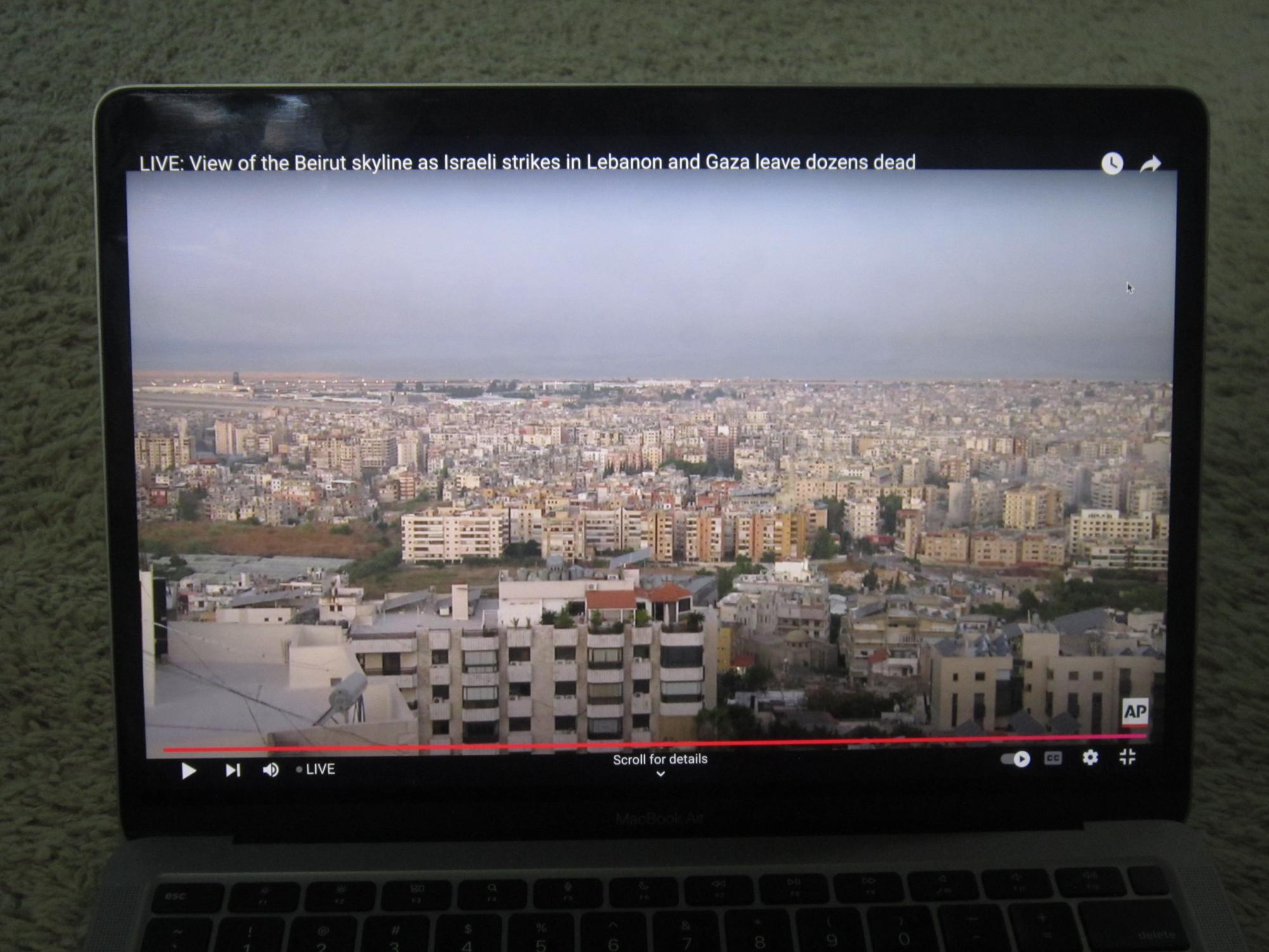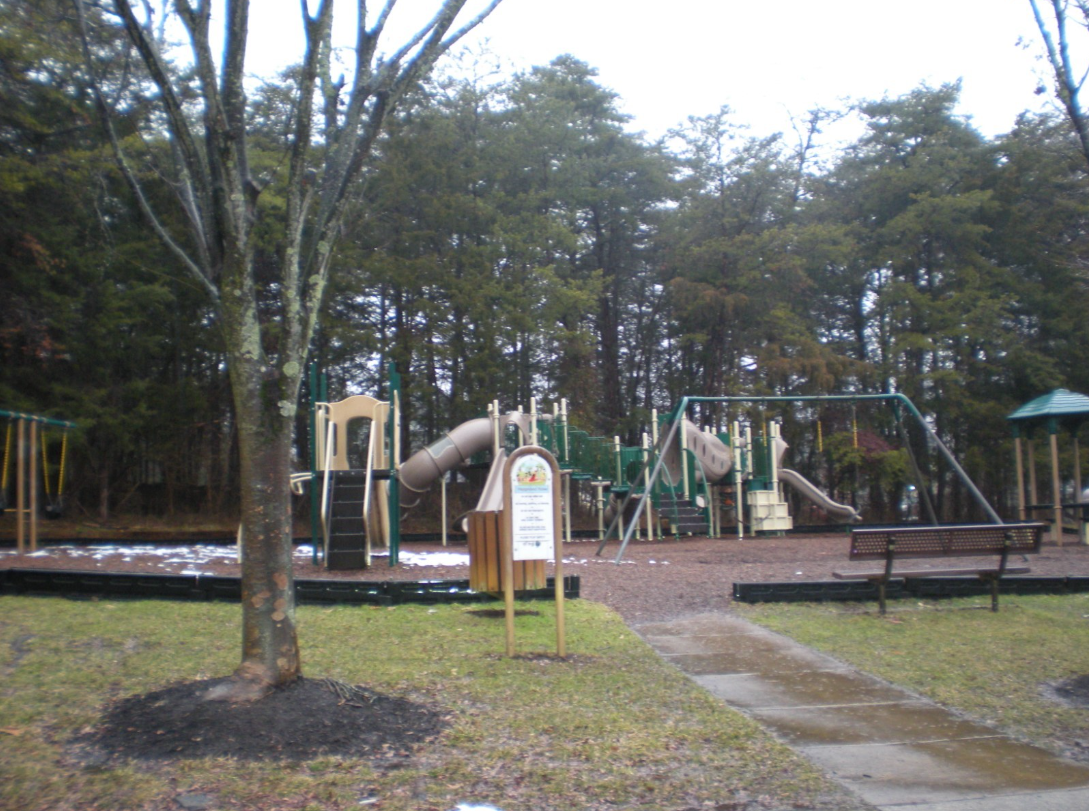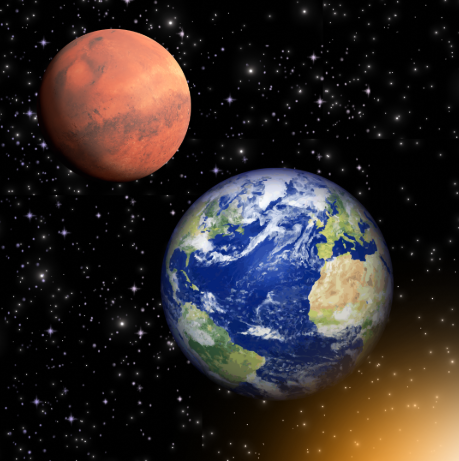Tensions have raised in the Middle East once again, this time between Israel and Lebanon’s Hezbollah; the Lebanese Shia Islamist political party and paramilitary group. The war between the two countries goes decades back, as their conflicts have deep historical roots. The only question that remains is how this latest chapter in the historical dispute will shape the future of both countries and the path to peace.
The ongoing conflict between Hezbollah and Israel has intensified since the war in Gaza began in October 2023. Al Jazeera reported that Hezbollah’s leader, Hassan Nasrallah, was killed in an Israeli airstrike on September 27, 2024, targeting residential buildings in Beirut, which Israel claimed were near Hezbollah’s headquarters. The Israeli military stated that this attack also killed other senior Hezbollah leaders. Following this, Israel launched multiple airstrikes on Hezbollah positions in southern Lebanon and the Bekaa Valley.
Tensions between Hezbollah and Israel have been escalating since an incident on September 17, 2024, when explosions from Hezbollah operatives’ pager devices injured around 2,800 people and killed nine, including three children. Hezbollah accused Israel of orchestrating the attack, which led to an increase in retaliatory strikes along the Israel-Lebanon border.
The recent escalation between Hezbollah and Israel is deeply rooted in a long history of conflict that has shaped the region’s geopolitical landscape. Understanding the trajectory of these tensions requires a closer look at key events over the decades that have contributed to the current situation. From the Lebanese Civil War and the Israeli invasion of Lebanon in 1982 to the subsequent rise of Hezbollah and the 2006 Lebanon War, each chapter has added layers of complexity to their contentious relationship. Below is a timeline that outlines significant conflicts between Israel and Lebanon, displaying how past events have laid the groundwork for the hostilities taking place currently:
- 1982: Israel invaded Lebanon, aiming to confront the Palestine Liberation Organization (PLO) and establish a friendly government. This led to the rise of Hezbollah, supported by Iran, which aimed to resist the Israeli presence in Lebanon.
- 1983: Hezbollah was implicated in various attacks against foreign forces in Lebanon, including a major bombing that killed over 300 peacekeepers in Beirut.
- 1985: Hezbollah’s military strength grew, eventually pushing Israeli forces back to a designated security zone in southern Lebanon.
- 1992: After the civil war, Hezbollah entered Lebanese politics, gaining seats in parliament and increasing its influence through social programs.
- 1993 and 1996: Israel launched military operations against Hezbollah in response to attacks, resulting in significant civilian casualties.
- 2006: A major conflict erupted after Hezbollah captured Israeli soldiers, leading to a month-long war that resulted in heavy losses on both sides.
- 2012: Hezbollah became involved in the Syrian civil war, supporting the government and gaining combat experience.
- 2023-2024: After a Hamas attack on Israel, Hezbollah began rocket strikes in support of Gaza. The situation led to widespread displacement in Lebanon and significant military responses from Israel.
- September 2024: An explosion from Hezbollah operatives’ pagers resulted in multiple casualties, further escalating tensions as Hezbollah vowed to retaliate against Israel.
Following the outbreak of the war in Gaza in October 2023, Iran has publicly expressed solidarity with Hezbollah and encouraged its engagement against Israel. “Iran is looking at this as a way to become more of an ‘influential figure’ in the region. I mean, one of the reasons why they’ve wanted to be a nuclear power is because Israel is,” Patriot High School social studies teacher Benjamin Bern says.
The implications of the conflict between Israel and Lebanon extend far beyond the external violence, going into international relations and domestic politics. The geopolitical landscape is equally complex, and Bern states that “Hezbollah being a major political faction in Lebanon” complicates the dynamics between regions, emphasizing that “Iran has always played the game behind the scenes.”
Additionally, the conflict’s repercussions are likely to influence how major powers, including the U.S. and the European Union, approach foreign policy in the region. “The U.S. and the EU are going to be supportive of the Israeli cause,” Bern states. These factors could represent a “catalyst of a larger growing conflict,” particularly if Israel escalates its military responses.
As this historically deep-rooted situation develops, it will affect the futures of both Israel and Lebanon, as well as the larger Middle East. Achieving peace will be tough, but it’s essential for both countries and the stability of the region.





